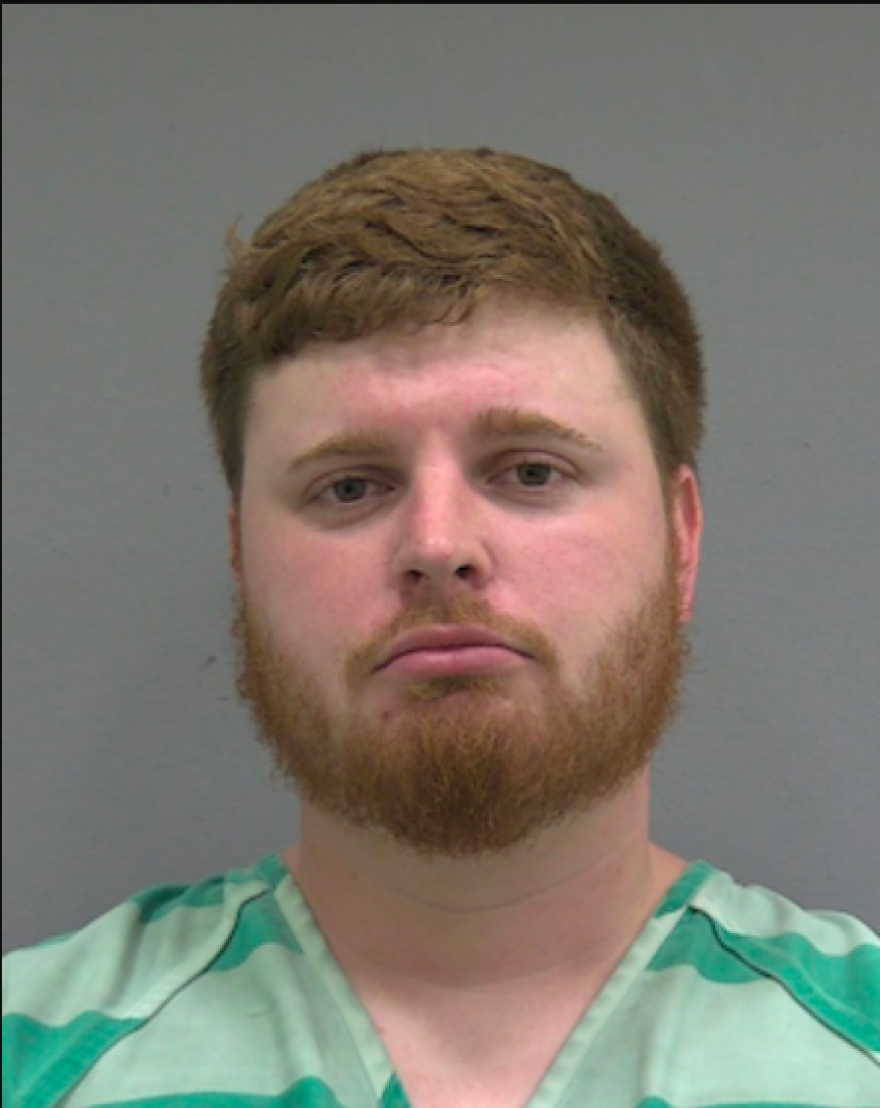HB 319, Florida's newest event interference law, cleared the House floor back in March and passed in the Senate a month later.
FL-House Representative Taylor Yarkosky (R-Clermont) sponsored the measure. He says often when games or concerts are interrupted by people illegally entering the field or climbing onto the stage, they’re rewarded by videos of their actions going viral.
“We have seen a significant increase in the last few years in folks stripping down to little to no clothing and running across sporting fields, concerts, venues," said Yarkosky.

Just a few weeks ago, Dylan Duggan, a 25-year-old man, was taken into custody in Gainesville after he recorded himself running onto the University of Florida’s football field as a game was being played. He would later post the video to social media where it gained thousands of views and he’s not alone.
Back in 2021, during a live CBS broadcast of the Superbowl, a fan jumped out of the stands and onto the field where the NFL’s Tampa Bay Buccaneers were hosting the Kansas City Chiefs.
The fan was eventually tackled by security but not before he intentionally pulled down his shorts to expose his rear end to the thousands of fans who were in attendance.

Officials charged him with trespassing, and he was sentenced to probation for 12 months and served 100 hours of community service. But critics argue his punishment wasn’t enough to deter more people from doing the same thing.
“We’re going to increase the penalty for the perpetrator, the trespasser, to a first-degree misdemeanor,” Yarkosky stated during this year's legislative session. "We’re going to go after the folks’ offering things of value, specifically money, and charge them with a felony and we’re going to put measures in place for forfeiture and seizure of any money that were payed.”
Under the new law, anyone who enters a restricted area such as a field or stage without permission will be hit with a first-degree misdemeanor and ordered to pay a fine of $2,500. That includes anyone who intentionally strikes a player, coach, referee, or security member.
Some have raised concerns that the new law may go too far.
“It doesn’t allow anybody to realize any benefit from what is essentially a minor crime," Rep. Michael Gottlieb (D) argued as the measure moved through the legislature. "That’s a violation of the 8th amendment, excessive punishment and I think is going to be problematic and create litigation for this bill moving forward.”
Despite the concerns the law passed, and it goes into effect with 29 other laws on October 1st.

